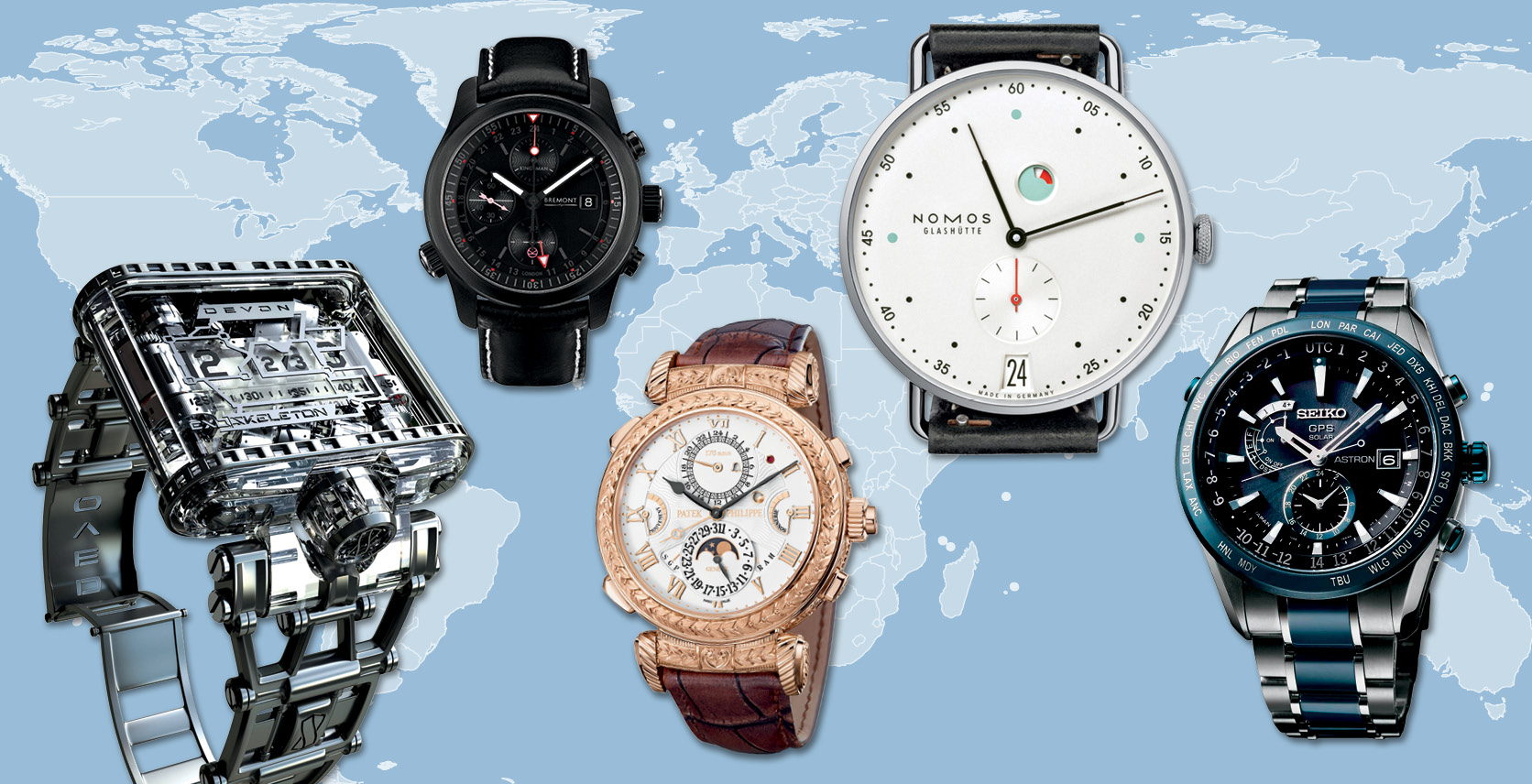Around the World in 13 Watches: A Global Guide to Luxury Timepieces
Who makes the world’s best watches? That depends entirely on who you ask. The Swiss are renowned for their mechanical movements and the Japanese have a lock on high-tech quartz. But they’re by no means the only players in the game. In fact, there’s a whole world of watches out there worthy of a place under your shirtsleeve.

Remember when Americans used to make things? Uncle Sam churned out millions of timepieces from the mid-1800s well into the 20th century. As ownership moved overseas, so did production, and the numbers of true made-in-America timepieces dwindled. In the last couple of decades, however, small-scale watchmakers have begun to create a range of innovative designs.
Devon
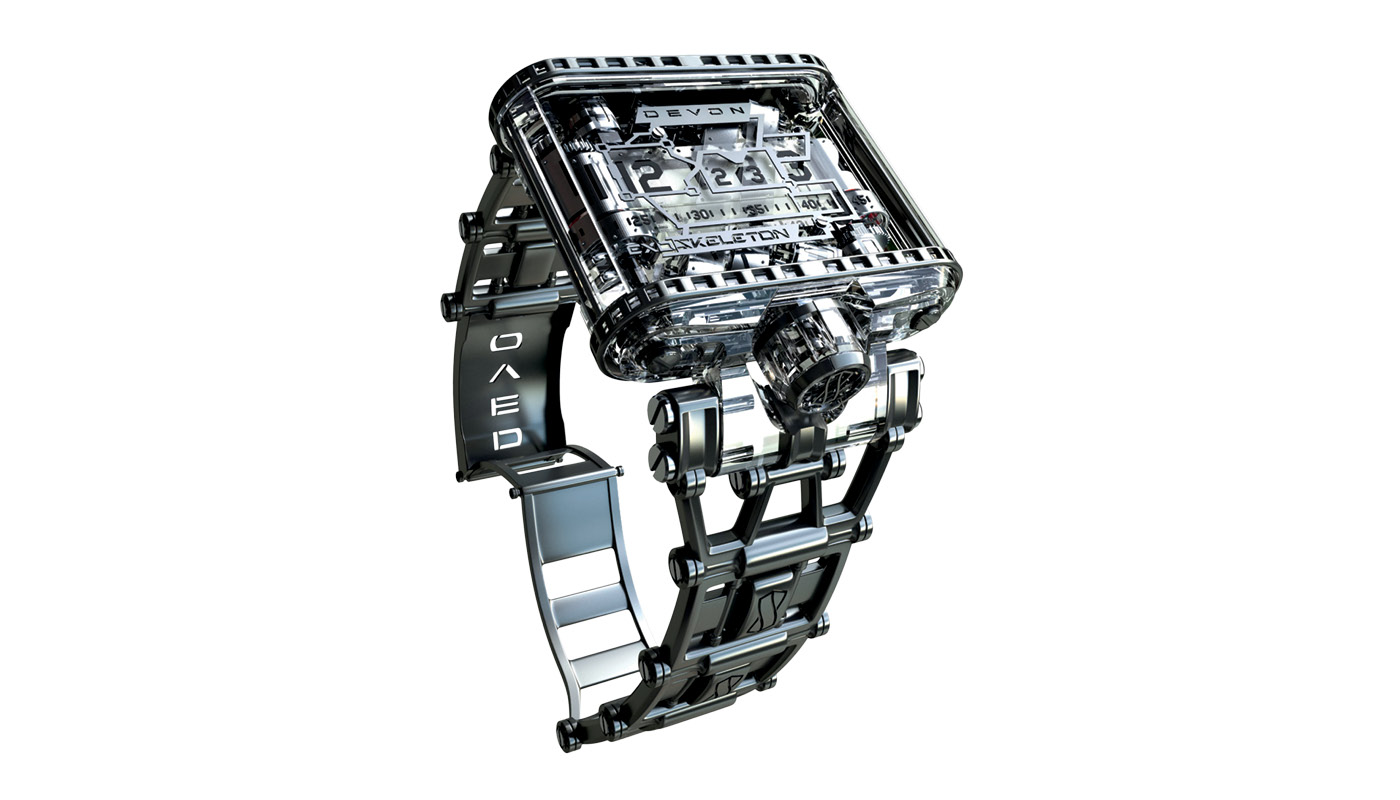
Devon’s eye-catching Tread, which uses a rotating belt to display the time, was released in 2010. This brand gets by on its unusual looks and equally innovative hybrid electro-mechanical movement.
Kobold
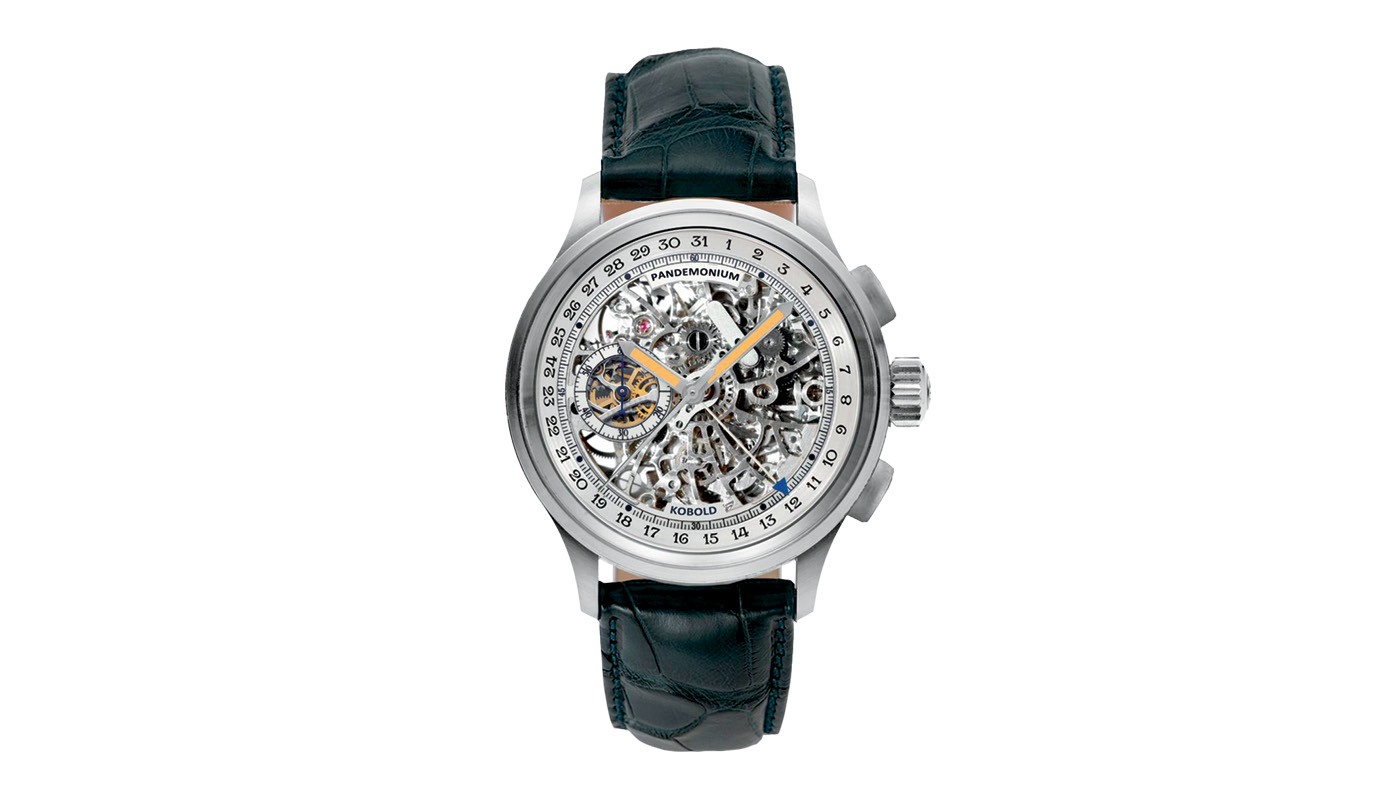
Contemporary aesthetics, American-made components and the endorsement of modern-day explorers have earned this Pennsylvania-based brand a reputation for toughness and reliability.
RGM
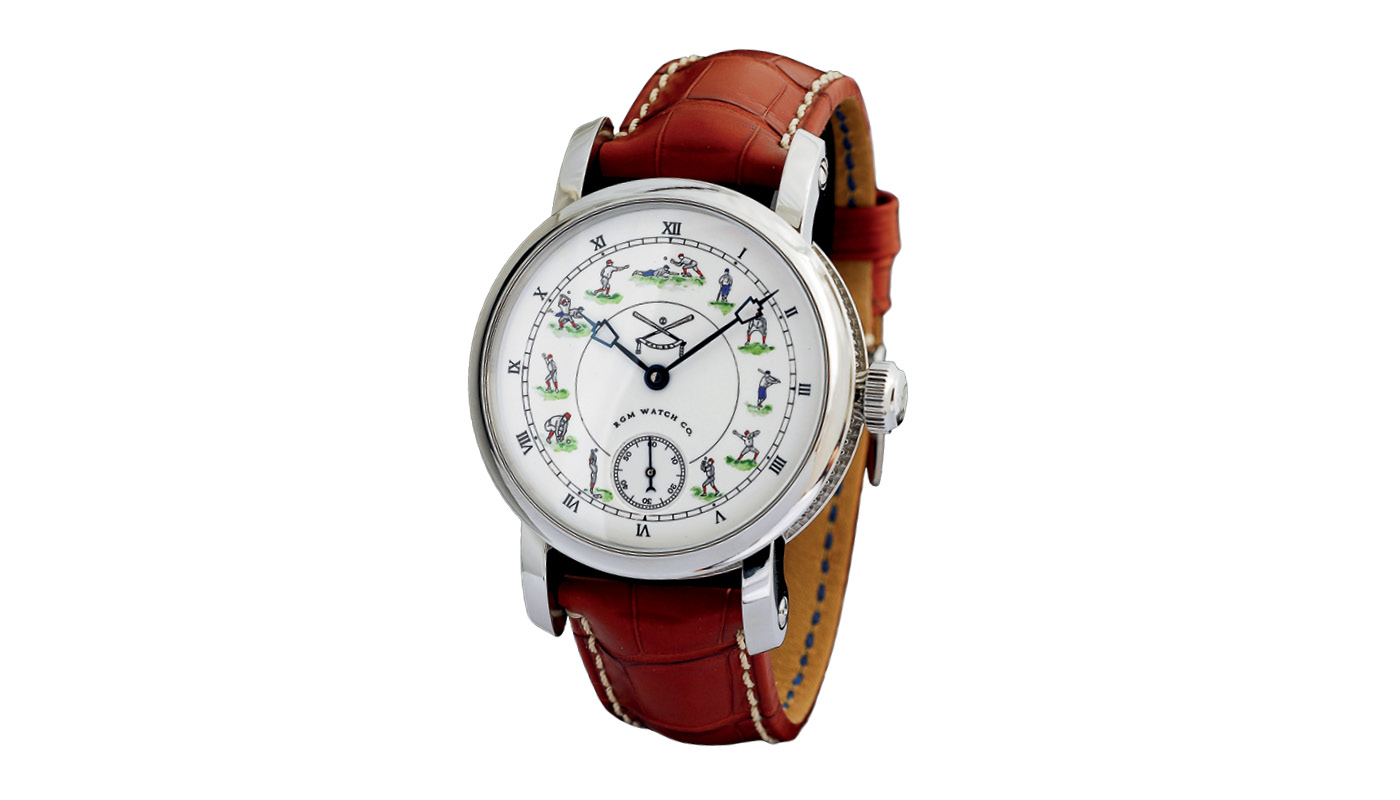
This atelier has been putting its own movements into a line of handsome watches since 1992 — including the world’s first American-made tourbillon.

After cornering the global watch market following WWII, the Swiss wasted no time becoming the best in the world at making mechanical timepieces. While things slowed down tremendously in the 1970s and ’80s with the advent of quartz movements, a focus on luxury and craftsmanship has helped Switzerland regain its position as a global leader.
Rolex
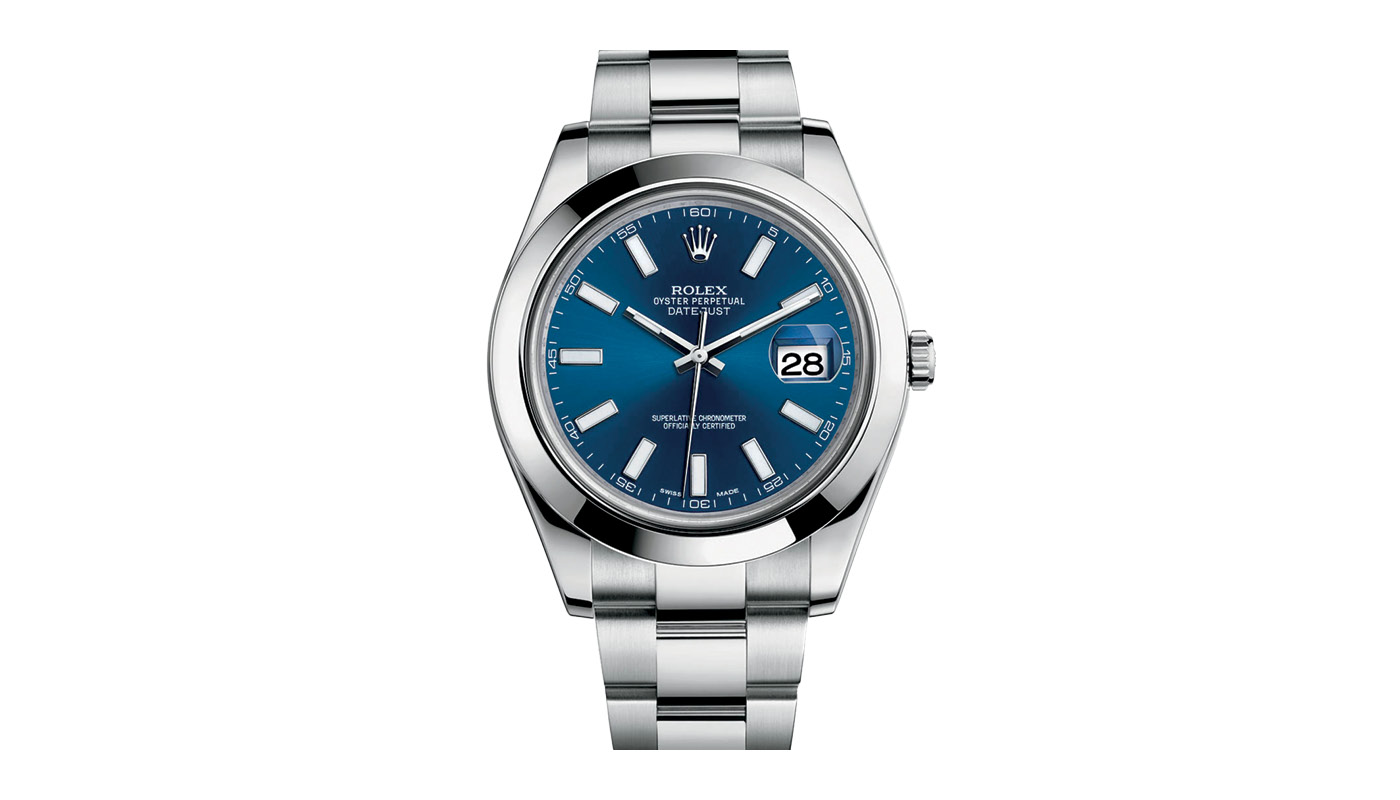
A combination of marketing genius, timeless design and technological innovation helped Rolex produce some of today’s most coveted watches. Their success is even more noteworthy considering they were founded in 1908 — more than century after many of their competitors.
Patek Philippe
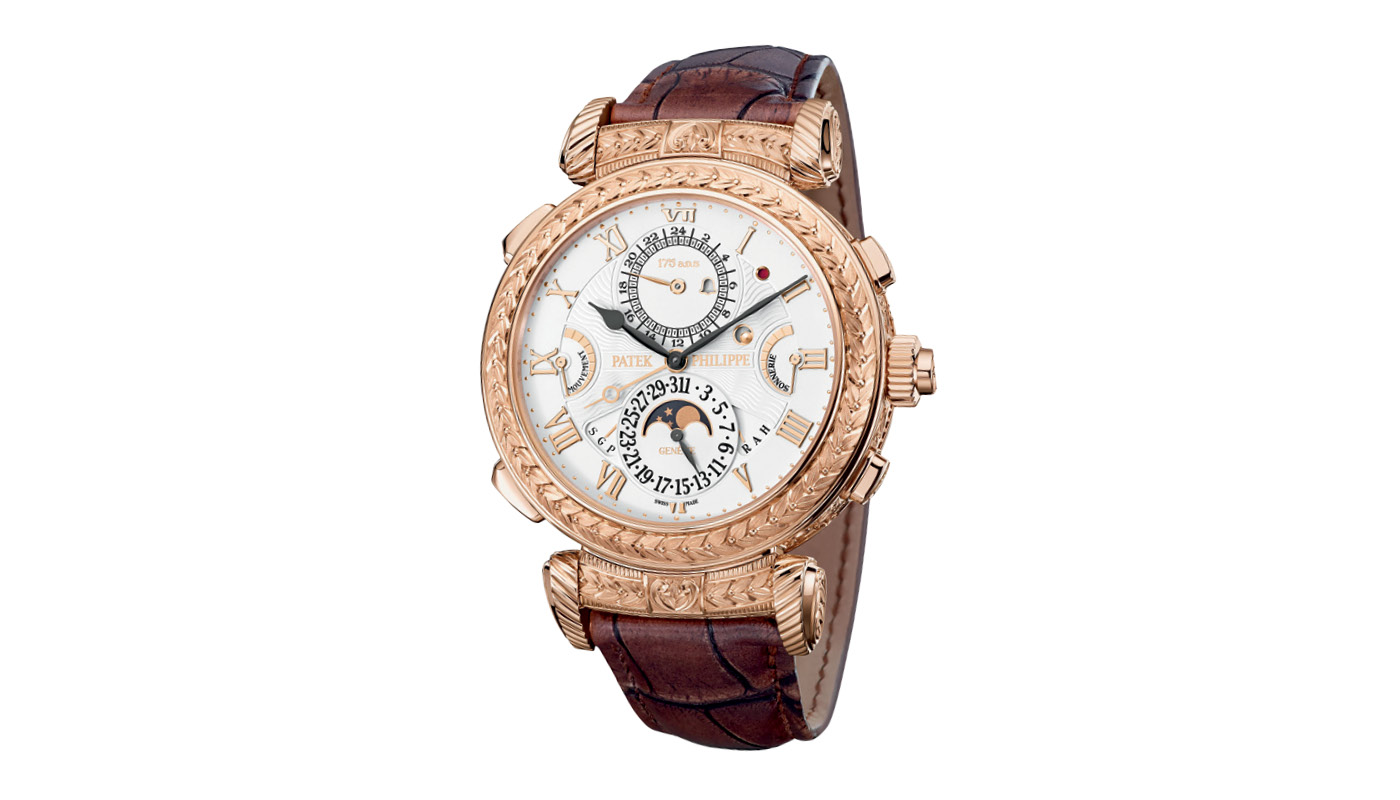
People regularly pay astronomical sums for watches by this independent atelier known for superb craftsmanship and elegant design — $24 million dollars is the current record. The reason would make sense to anyone who has bought a diamond engagement ring they couldn’t quite afford: because they’re beautiful and because people want them.
Tissot
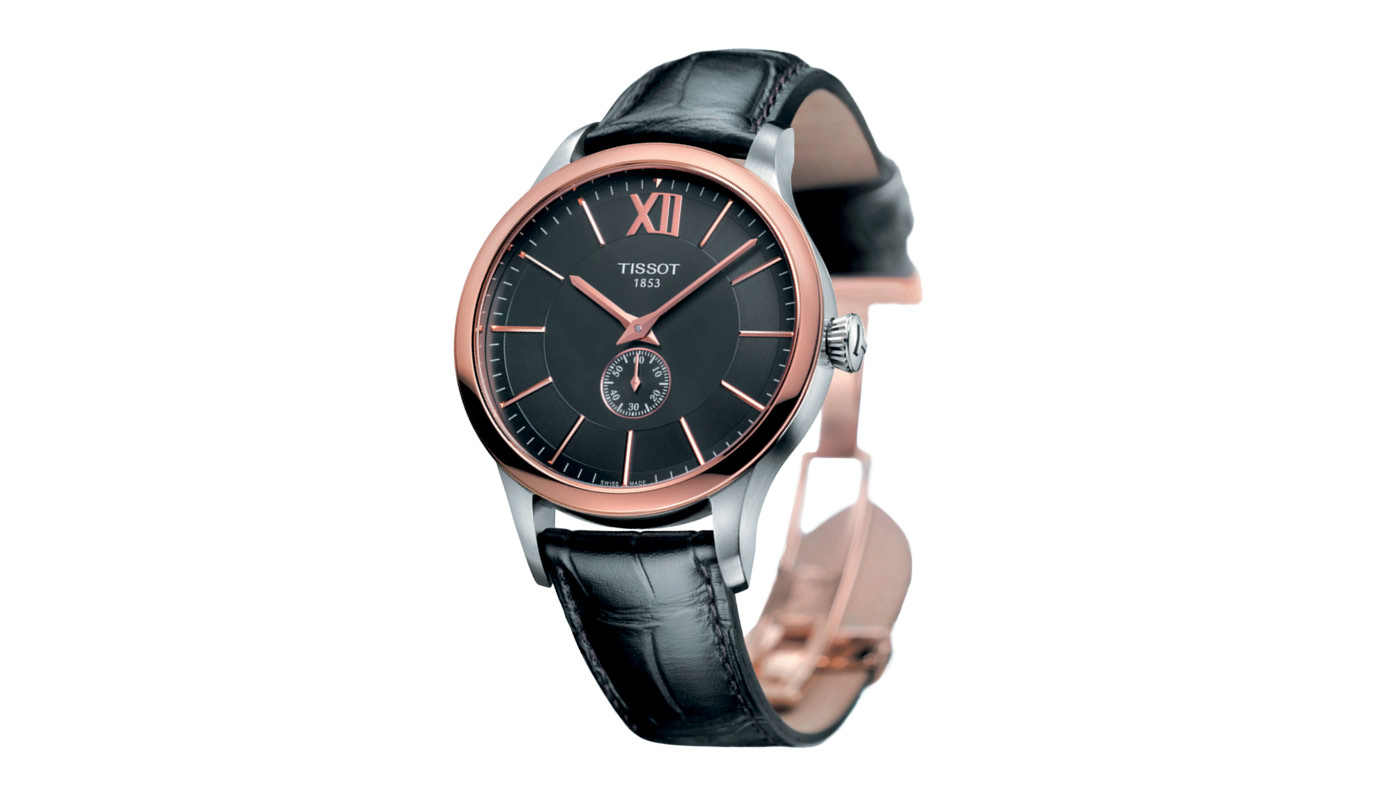
A prime example of a company that changed with the times while keeping sight of their past. This giant brand produces countless models from heritage-inspired mechanical pieces to solar-powered touchscreens.

Although the Brits are more or less credited with inventing the modern watch, true English-made timepieces are as sparse these days as Prince William’s hair. These up-and-comers are keeping the tradition alive.
Roger W. Smith
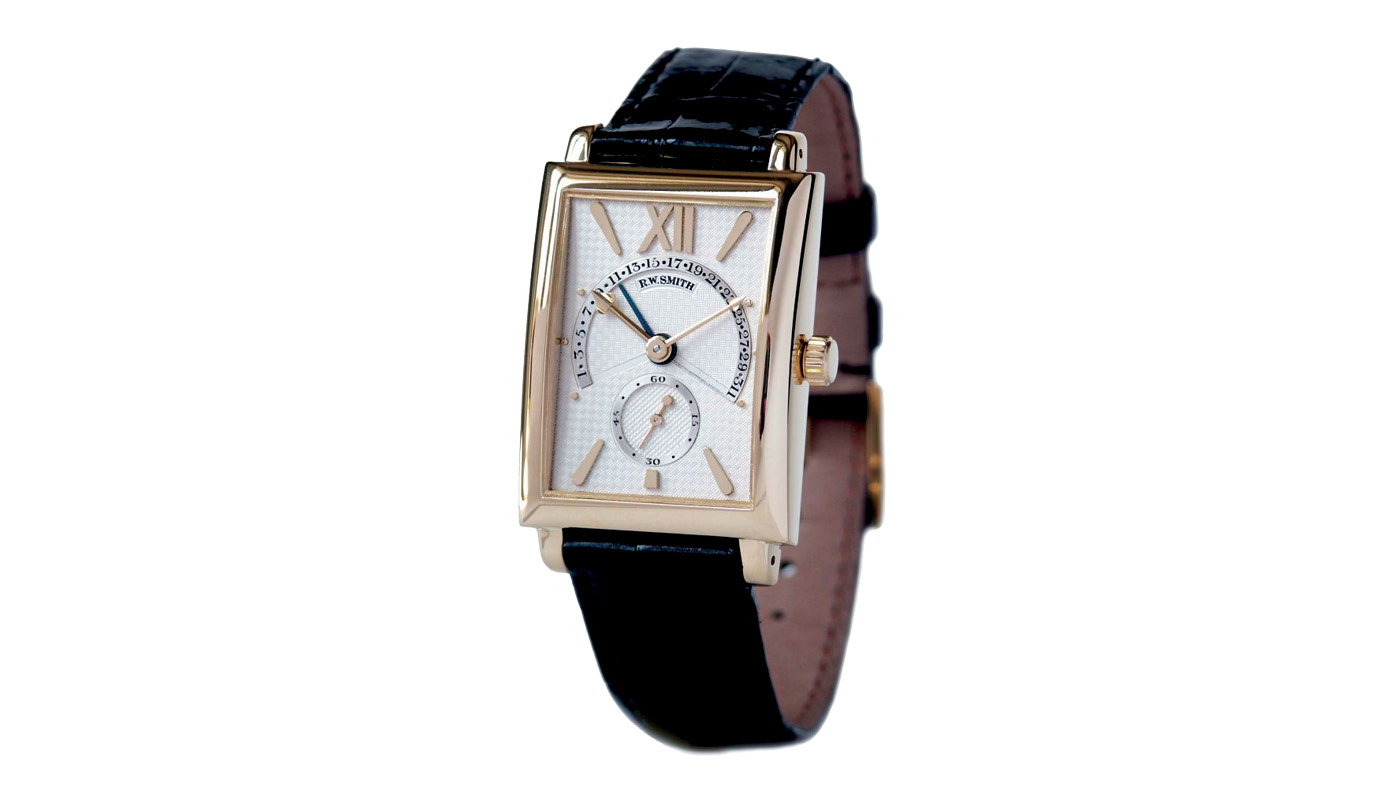
From a tiny workshop on the Isle of Man, this truly old-school operation creates a handful of exquisite timepieces each year, including a limited number of bespoke orders. The waiting list is years long.
Bremont
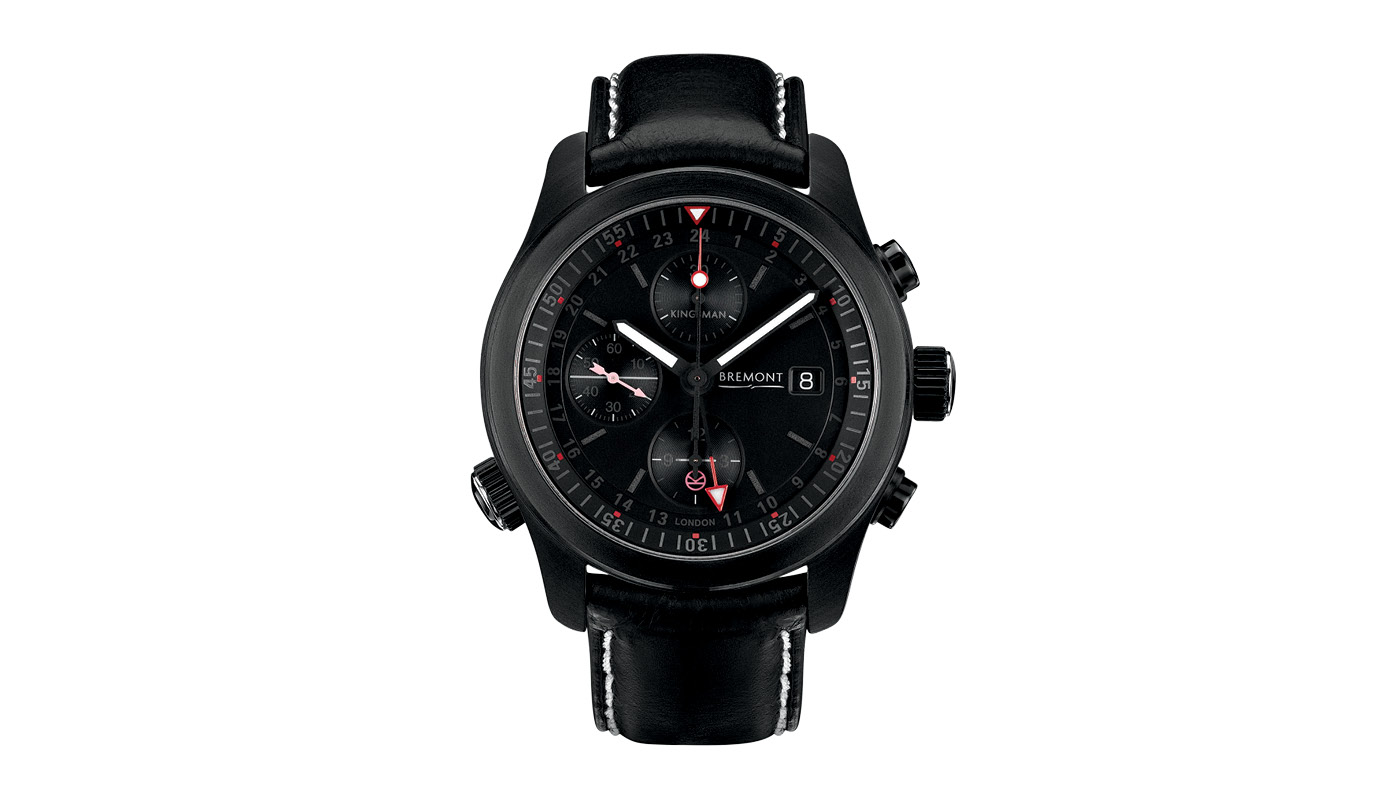
With a foundation in aviation-inspired pieces, Bremont is a contemporary brand upholding the proud British tradition of building handsome, functional watches (even if a few of their components are actually Swiss).

Most German watchmaking happens in the small Saxon town of Glashütte, where a handful of brands exert a mechanical prowess second only to the Swiss.
A. Lange & Söhne
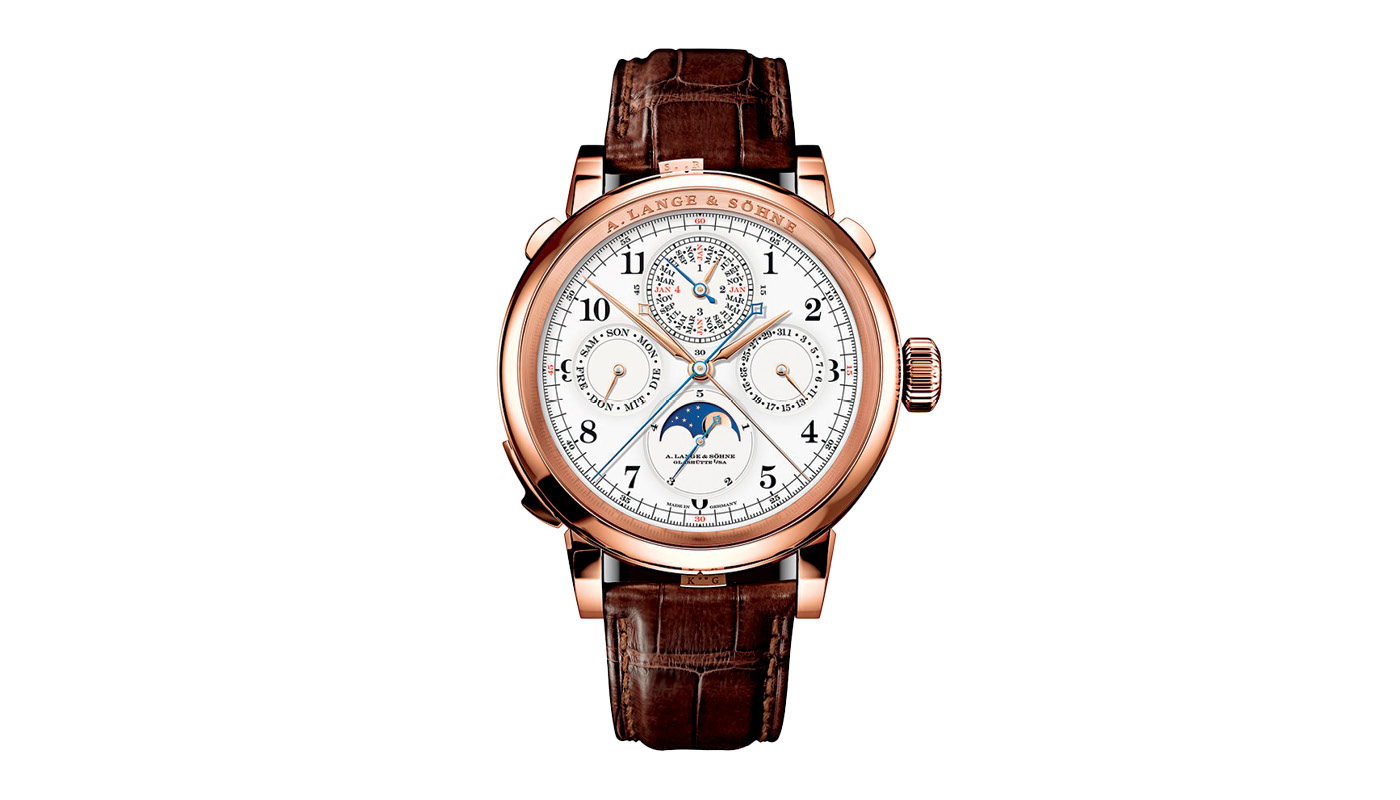
This brand, founded in 1845, is Germany’s answer to Patek. While owned by the Swiss Richemont group (one of the watch world’s two mega conglomerates) they still produce everything in-house.
NOMOS
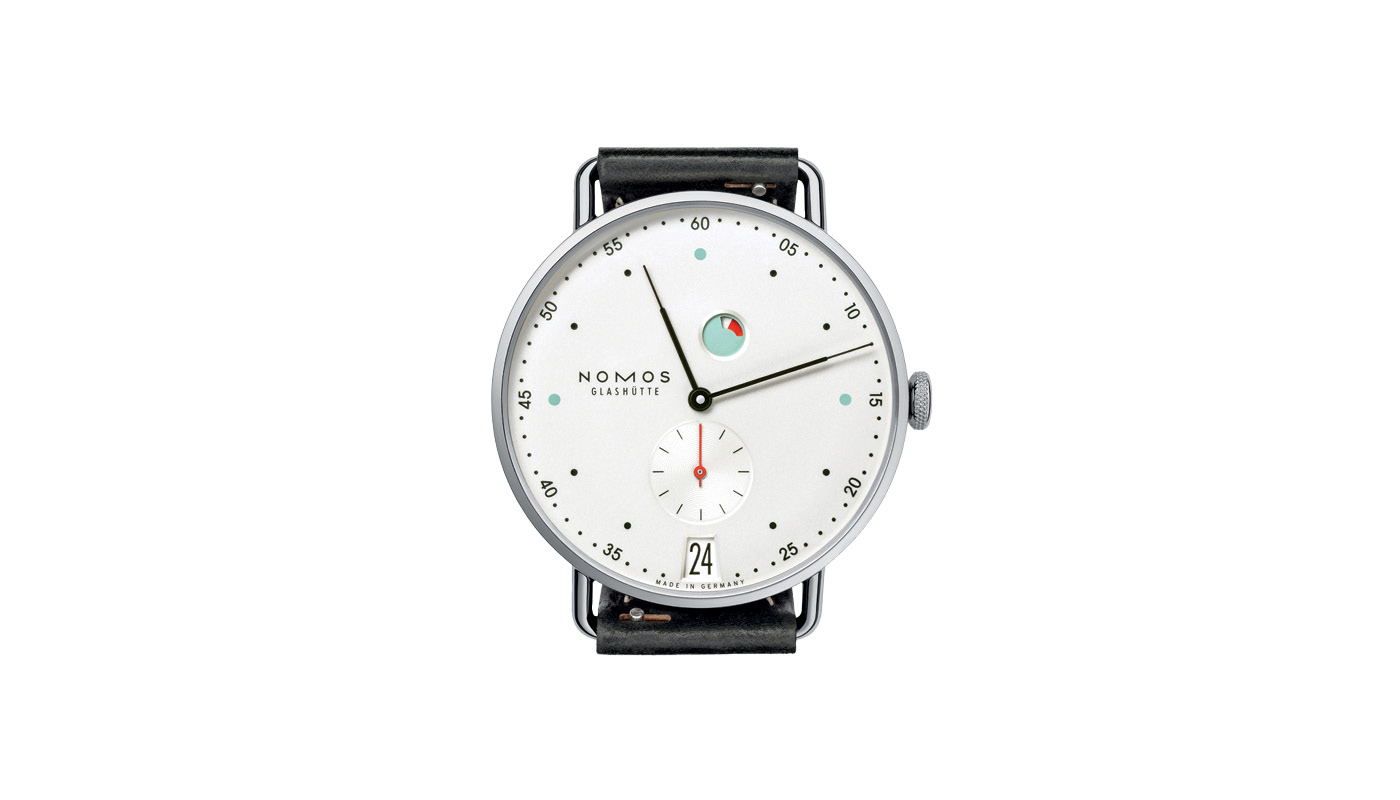
Combining old-world watchmaking with modern design, NOMOS produces a range of contemporary pieces powered by in-house mechanical movements.
Tutima
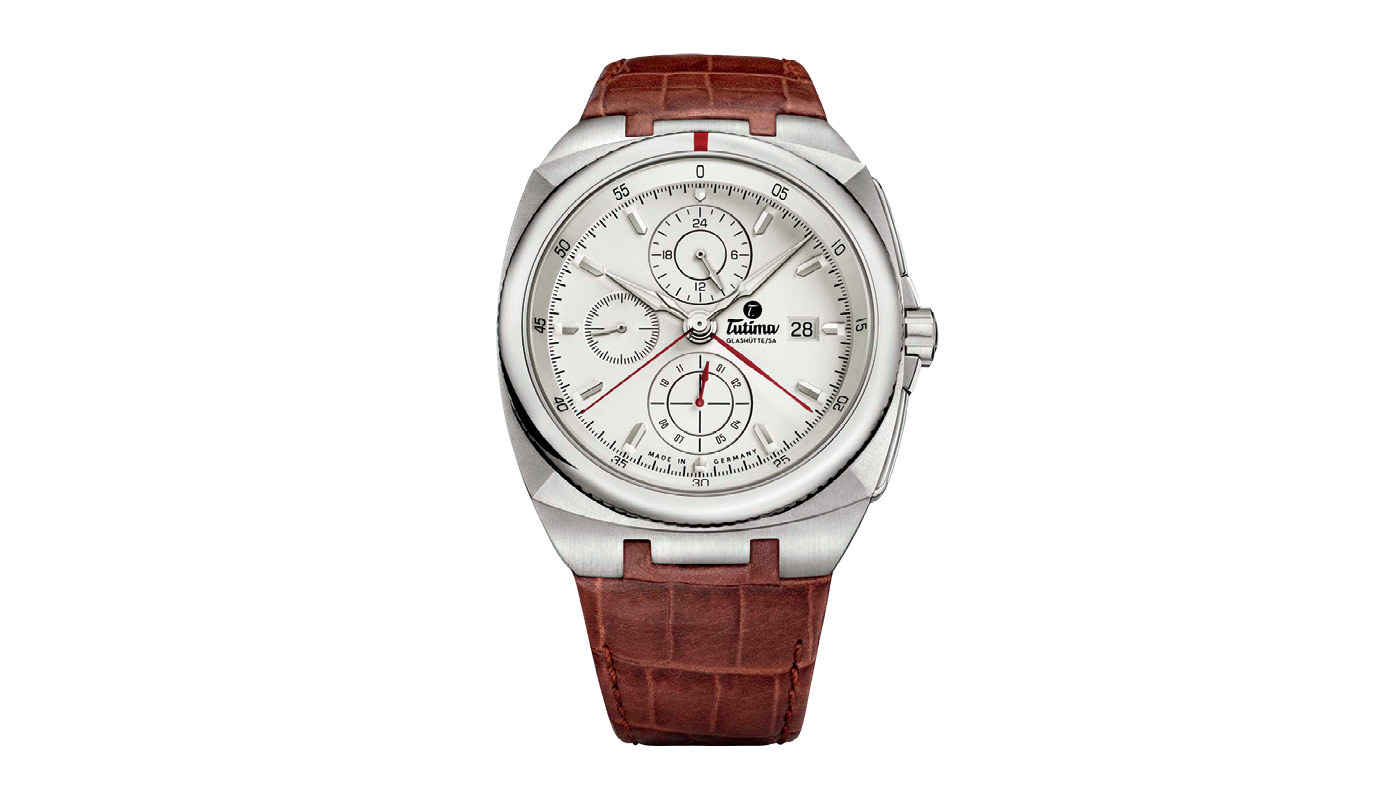
A Glashütte watchmaker with almost a century of experience, Tutima is known primarily as a producer of high-quality aviation watches.

The Japanese watchmaking tradition goes back to the late 1800s, but it really took off in the 1970s with the advent of quartz. Characterized by sturdy, precise, non-mechanical movements, the best Japanese watches remain synonymous with high-tech features, contemporary design and reliability.
Seiko
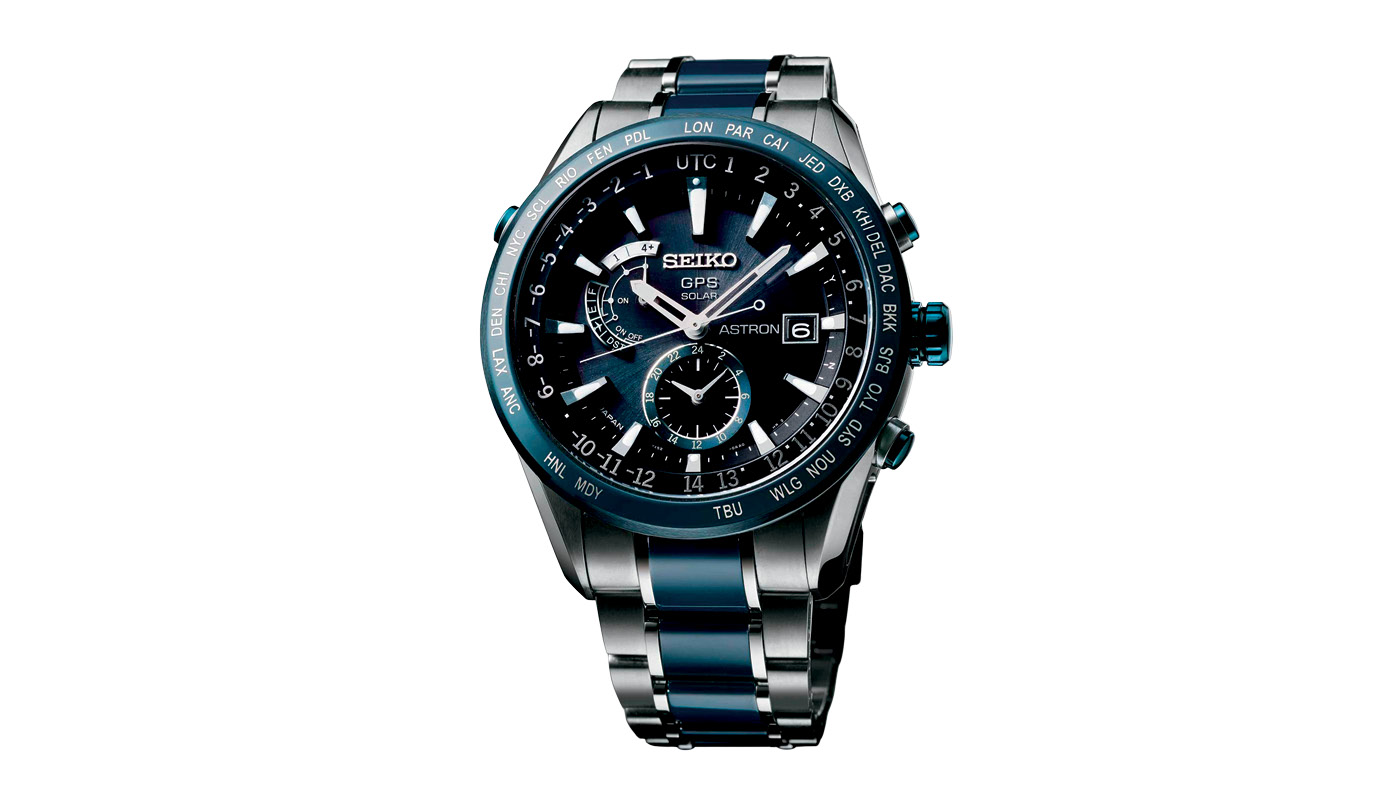
Since producing the first quartz wristwatch, the Astron, in 1969, this Japanese mainstay has focused on refining the technology (though they make some good mechanical movements, too).
Citizen
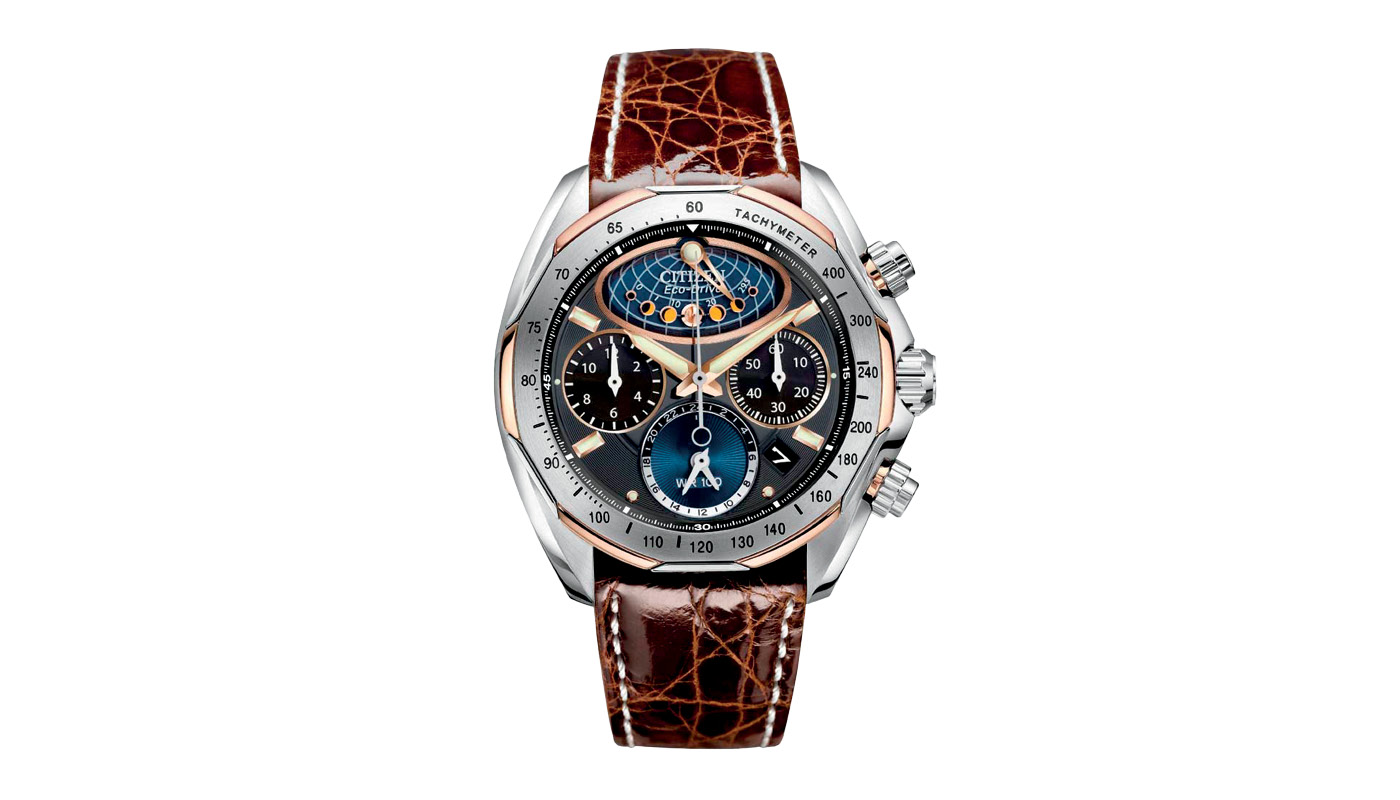
A pioneer in precision quartz, Citizen gained renown for its invention of the Eco-Drive, a revolutionary solar-powered movement. Their newest models use GPS technology to keep accurate time anywhere on Earth.
